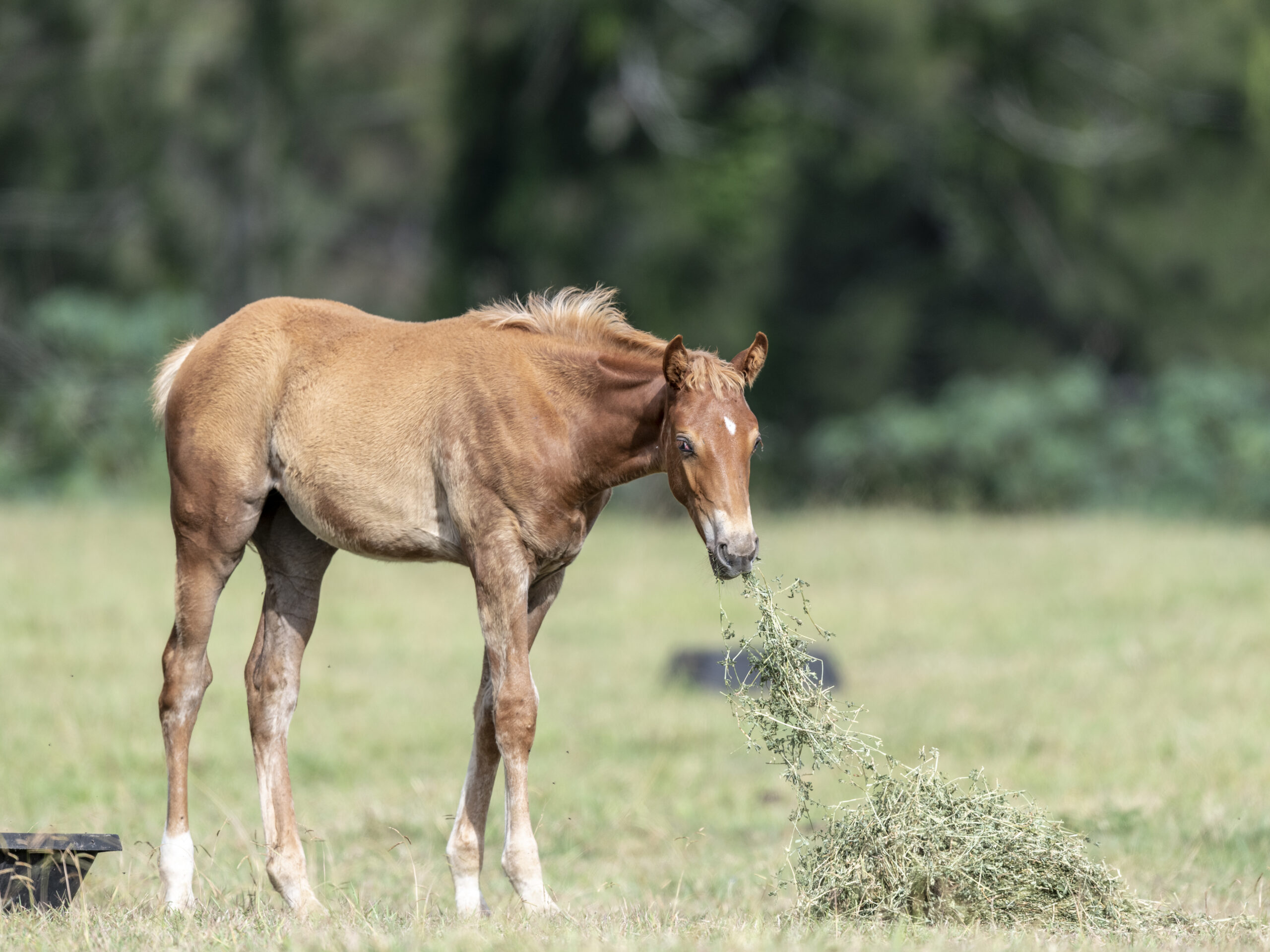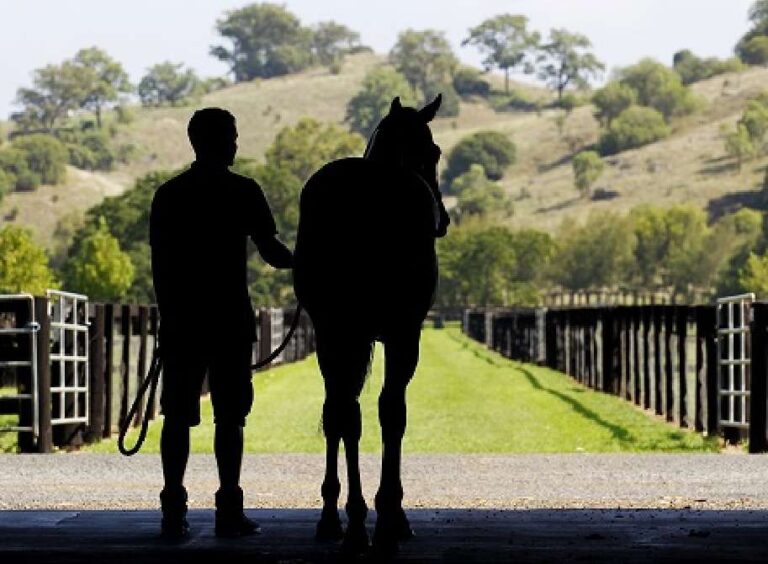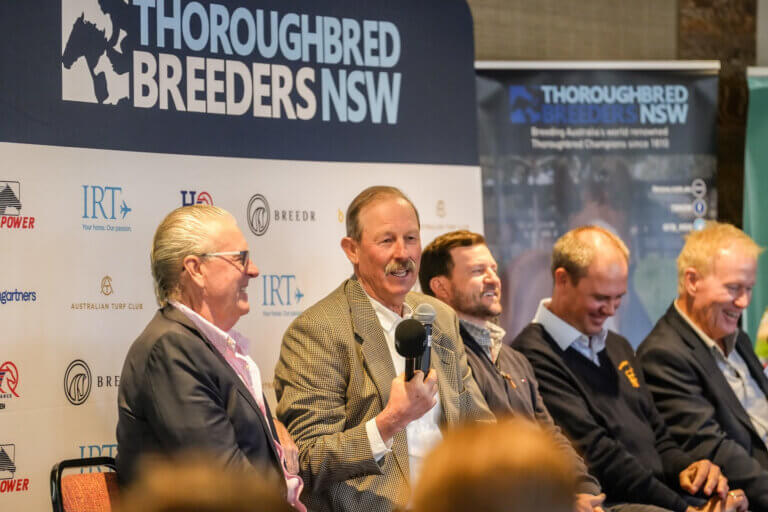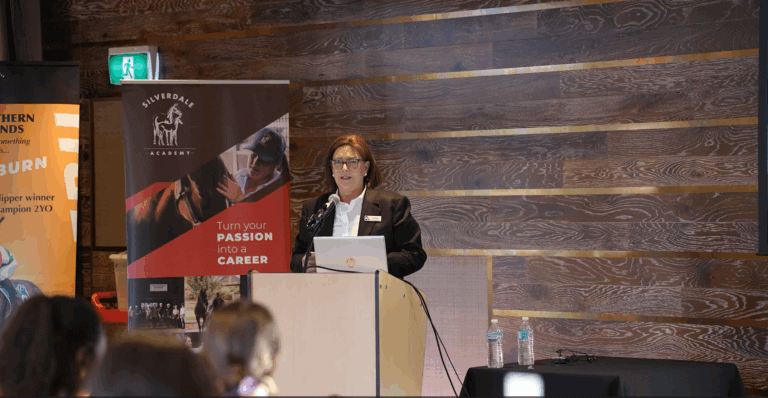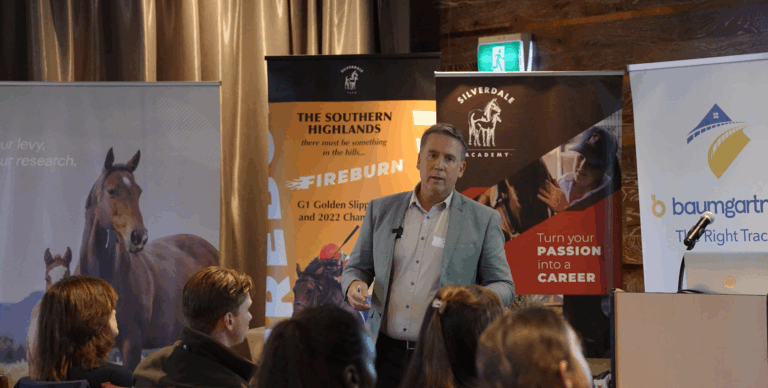Source: Professor Chris Rogers MAgrSc, PhD
Highlights
•An excess of minerals in horse diets can have a negative impact on the agricultural cycle.
•Horse feeding is an attempt to reduce pollution, mainly greenhouse gas emissions and leaching.
•A high-protein diet raises manure nitrogen (N) levels and potentially raises the risk of N leaching.
Abstract: Sustainability is the balancing act of optimizing the use of current resources without compromising the current or future environment. Within the agriculture sector the primary focus of sustainability has been to reduce environmental pollution, specifically greenhouse gasses (GHG) emissions, nitrogen emissions, and leaching. For the equine industry the first step towards sustainability is the documentation and critique of current feeding and management practices to permit modifications to enable the industry meet social and legislative obligations. As a monogastric hindgut fermenter on a per kg bodyweight basis the horse has relatively lower GHG emissions compared to ruminants. However, there are several opportunities to further reduce the environmental impact of the equine industry. The majority of these relate to subtle changes, or consideration of, improving feed conversion, using alternative ingredients, and management of fecal material associated with intensive husbandry. To initiate the journey towards sustainability this review documents opportunities with current equine feeding and management practices to reduce the environmental impacts of the equine industry.
